“I will be firm, fair, and transparent in the discharge of my duties. UNN must not lag behind in the current technological revolution, characterised by the rivalry between OpenAI and DeepSeek,” he assured.
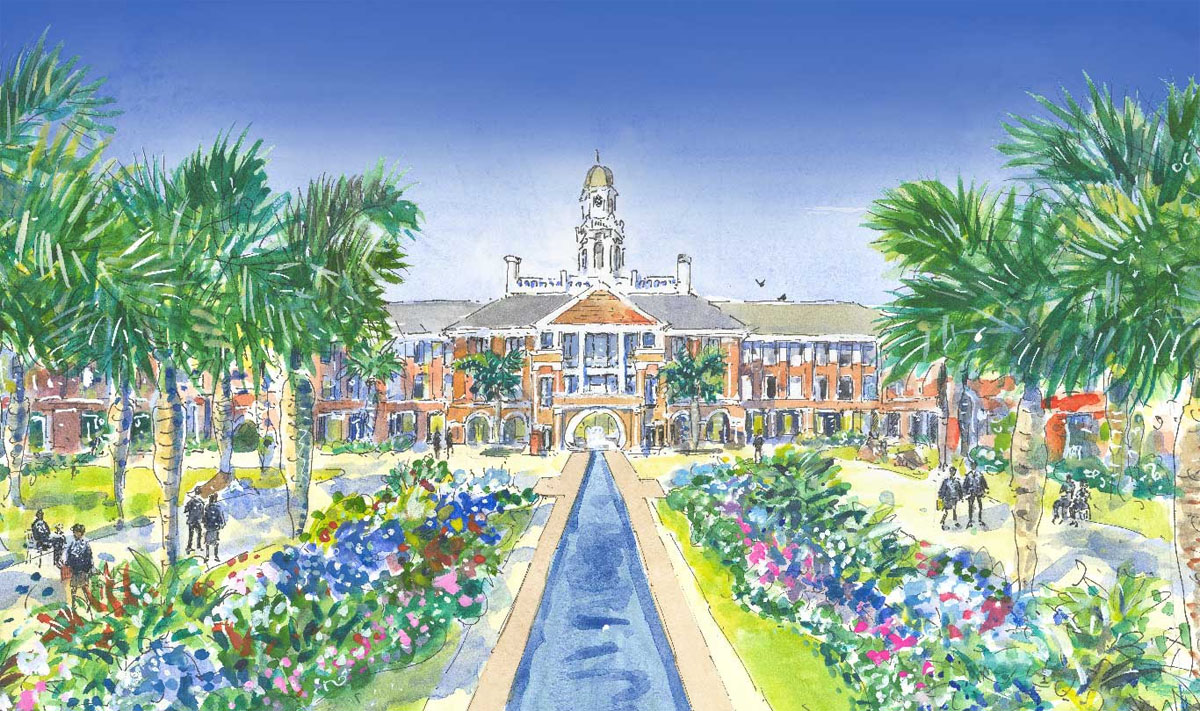
Why we charge N42m fees for primary school pupils — Charterhouse Lagos
Following a recent criticism and condemnation from members of the public over the report of N42 million as school fees per annum for each primary school student and N2 million as a non-refundable registration fee at the Charterhouse, a private-owned British school which is newly opened in Lagos and its first in Africa, the management has reacted.
Meanwhile, some had described the fees as extremely outrageous and also a waste of scarce resources for any parent to pay such a huge amount of money to sponsor just a primary school pupil in an economy such as Nigeria’s where the majority of citizens wallow in abject poverty and the minimum wage is just N30,000 per month.
Some others also expressed reservations on the matter, which went viral on the social media space, especially X (formerly Twitter), stating that it is not by compulsion for any parents to enrol their children in the school.
But the school in its reaction denied knowing the public outrage against its fees.
It says people have the right to express their opinions and feelings on their fees and any other issues they feel concerned about, but parents who have an interest in bringing their children to Charterhouse are not complaining.
Speaking to Tribune Online in an exclusive interview, the director of Communications, Admissions and Marketing of the school, Mr Damilola Olatunbosun, explained why the school has to charge up to that amount.
He said, “Charterhouse is not just like every other school anywhere globally but a prestigious and value-driven world-class educational institution that parents, who love quality and second to none education will always want their children to be.”
READ ALSO:
He noted that since the school was officially launched last September, many parents have shown interest in enrolling their children.
According to him, most parents who come to us are not surprised about our fees as it is within what they can afford.
“Some parents are here in Nigeria and some based abroad. And they know the quality of education we will give to their children. It is about value and not whether the fees is high or not.
“They know it will cost them more if they are to send their children abroad and get the same quality and value we will give them here in Nigeria. The foreign exchange and the associated costs as well as nearness.
“Even though, we are yet to commence academic activities and we have not also done with our construction works, no school in Nigeria has the facilities we have already put in place.
“And it is not all about physical structures in Charterhouse, but also about quality, both academic and extra-curriculum, and value for our learners.
“Schooling in Charterhouse Lagos will be the same as in Charterhouse UK or any other high-profile UK-based school. The only difference is that the Chaterhouse here will be immersed in the Nigerian culture thereby giving our students the best of British education in a multicultural environment.
“So, we are not just any other school, and many prominent Nigerians, who are either products of Charterhouse or have any of their children or relations attended the school in the UK are very glad that Charterhouse is now here in Lagos Nigeria.
“Even here in Lagos, there are some schools, for example, that charge in millions of Naira per annum while some in hundreds of thousands and yet some others charge something lesser.
READ ALSO:
“So, it is now left for parents to decide which one to enrol their children based on the value they want and their purse.
“We are building on 70 hectares of land in Lekki and it will cost us over $150 million at completion and that is why we are very sure that by the time we are done, people will appreciate us better.”
Olatunbosun explained further that even though the original plan of the school is to open its primary school section doors for its first batch of pupils this September, the second batch which is for junior secondary school students in 2026 and the third batch, which are senior school students two years after, the school has now decided to bring backwards the second batch to 2025 based on the parents’ demand.
“So, those who want quality and familiar with Charterhouse know why their children must come to our school.
When asked if the school had ever envisaged huge patronage even at inception, he answered in affirmation, saying “We knew that most Nigerians value quality education and those who have the financial wherewithal would not mind to pay for it.
“So, to us, we are not surprised about the large number of patronage we have received so far.”
Speaking on whether the school would now likely adjust its fees downward particularly due to the wide criticism, the school’s spokesman emphasised that parents coming to enrol their children know and understand that accessing quality education will not come cheap.
According to him, “education is like somebody who is hungry and wants to take lunch and go to a restaurant where a plate of food is N5,000 and another go elsewhere to take the same size of food at just N2,000 and yet another go elsewhere where he or she will get it for N15,000 or more.
“Though the food may look alike, their value will never be the same.
“So, it is about providing value for money and that is what we do at Charterhouse.”
Tribune
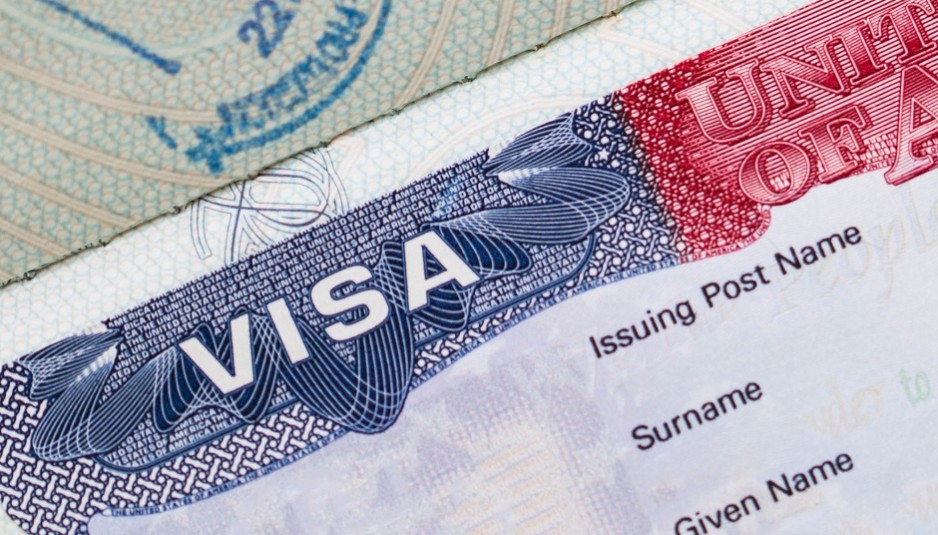
Chicago University clarifies US visa revocation policy for international students
However, the University of Chicago has provided clarification to help ease these concerns for students on F-1 or J-1 visas.
Revocation means your visa is no longer valid and cannot be used to re-enter the U.S.
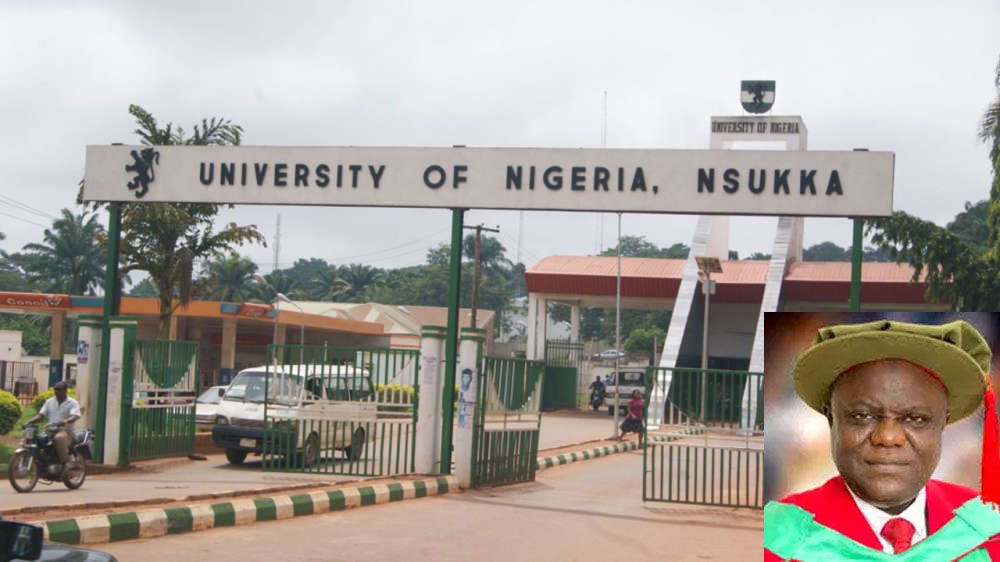
UNN appoints Prof Olayiwola Usman as first Yoruba DVC (Academics)
The University of Nigeria, Nsukka (UNN) has appointed Professor Kamoru Olayiwola Usman, a Yoruba Muslim from Oyo State, as Deputy Vice-Chancellor (Academics), marking the first time in the institution’s history that a person of Yoruba descent has held the position.
The appointment, made by the Acting Vice-Chancellor (Ag. VC), Professor Oguejiofo T. Ujam, is part of ongoing reforms aimed at fostering inclusive governance and restoring the university’s academic excellence.
In a statement issued yesterday in Abuja, the university reaffirmed its commitment to merit-based leadership and national unity.
Professor Ujam stated: “The appointment of Professor Usman reflects our resolve to prioritise competence over sectional considerations. It is imperative that we sustain this culture of inclusivity and meritocracy to move the university forward.”
In addition to Professor Usman’s appointment, the Acting VC also named Dr Mansur Adebowale Saddiq as Acting Director of the Medical Centre, further demonstrating his commitment to promoting excellence over sectional interests.
Both appointments have been widely welcomed by scholars and students from diverse backgrounds, recognising them as steps towards strengthening national unity within the institution.
READ ALSO:
Professor Usman, who succeeds Professor Urama, holds a PhD in Mathematics Education and previously served as Provost of the Federal College of Education (Special), Oyo State, from 2015 to 2023.
A distinguished academic, he is a fellow of the Mathematical Association of Nigeria and a member of several professional bodies, including the National Institute of Policy and Strategic Studies and the Nigerian Educational Research Association. His initial tenure as DVC (Academics) will last for two years, with the possibility of renewal.
Meanwhile, the statement also highlighted that during a recent University Senate meeting, Professor Ujam emphasised the collective responsibility of repositioning UNN as a centre for ethical and innovative learning.
“A collective effort is required to place the institution on a steady path towards ethical and innovative learning. UNN must regain its pride of place as Nigeria’s premier university. We must rid the system of narrow-minded sectionalism and divisive tendencies that have eroded the enabling environment for research, comparative studies, and the adaptive application of new knowledge,” the statement read.

FG to pay corps members backlog of delayed N77,000 allowance
The Federal Government has promised to pay the backlog of the new ₦77,000 monthly allowance to members of the National Youth Service Corps (NYSC).
The corps members’ allowance was increased from ₦33,000 to ₦77, 000 in September 2024.
However, the new rate has yet to be implemented.
Minister of Youth Development, Ayodele Olawande, on Monday said serving corps members and those in the scheme when the increment was announced in September 2024 would receive a backdated payment.
He gave the assurance when he was featured on Channels Television’s Politics Today.
He said, “You saw the new DG saying that you will get it, and they’re asking him a question ‘What about those that are going out now, are they going to receive it [backlog]?’ He said ‘We have your details’,” the minister said.
“The backlog, we will work on it and make sure it is paid. It may not be immediate but it will happen.”
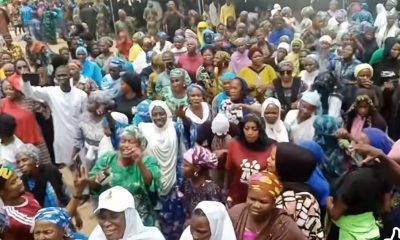

BREAKING: Senator Natasha defies restrictions, arrives homecoming rally by helicopter [VIDEO]


How they murdered my Kano-bound passengers in Edo
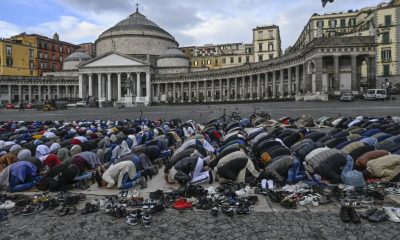

In pictures: Eid celebrations around the world
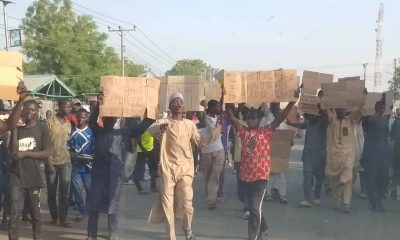

Uromi: Edo residents flee towns over likely reprisal attack, arrest
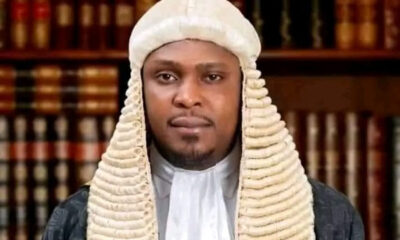

‘I was offered N5bn bribe to impeach Fubara’


Breaking: ‘Cancel your homecoming’ — Police tell Senator Natasha


Kano Gov Yusuf, Sanusi linked to Eid killings


Nigerian boxer collapses, dies in ring during fight in Ghana